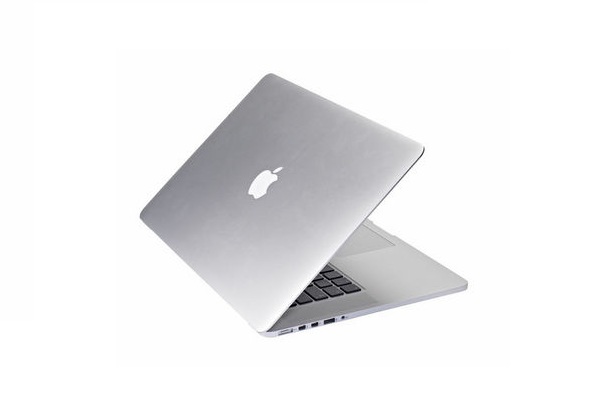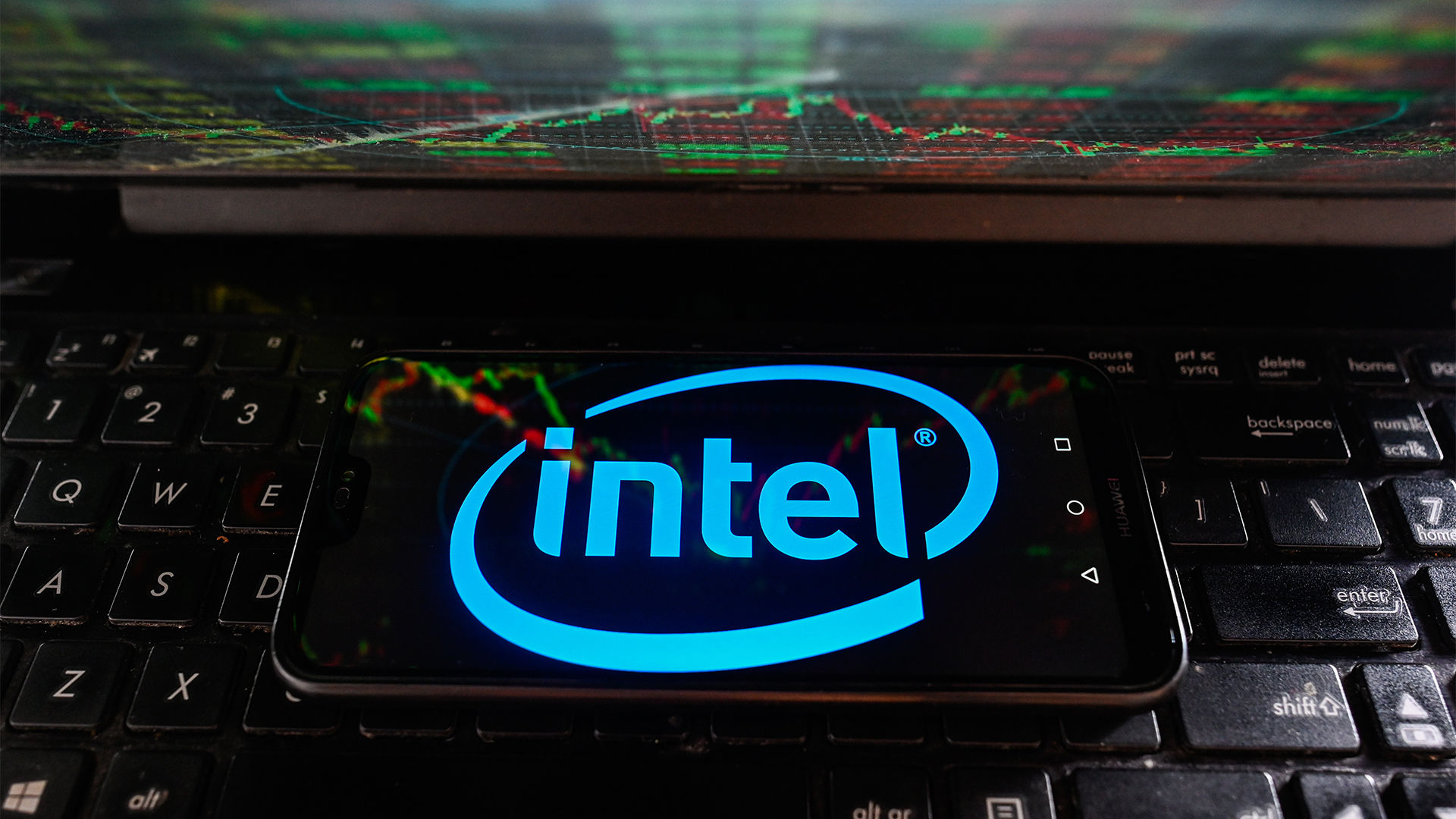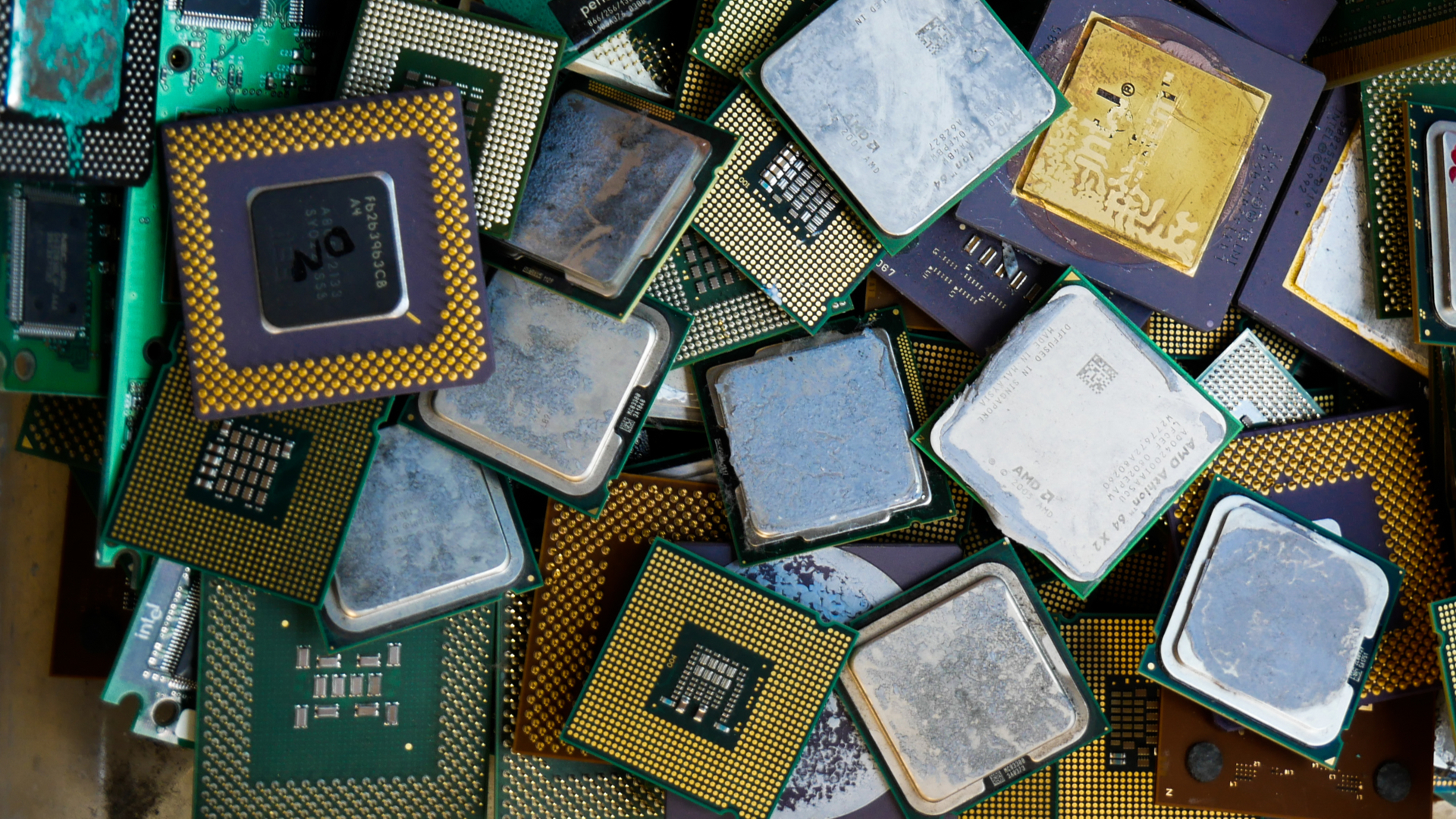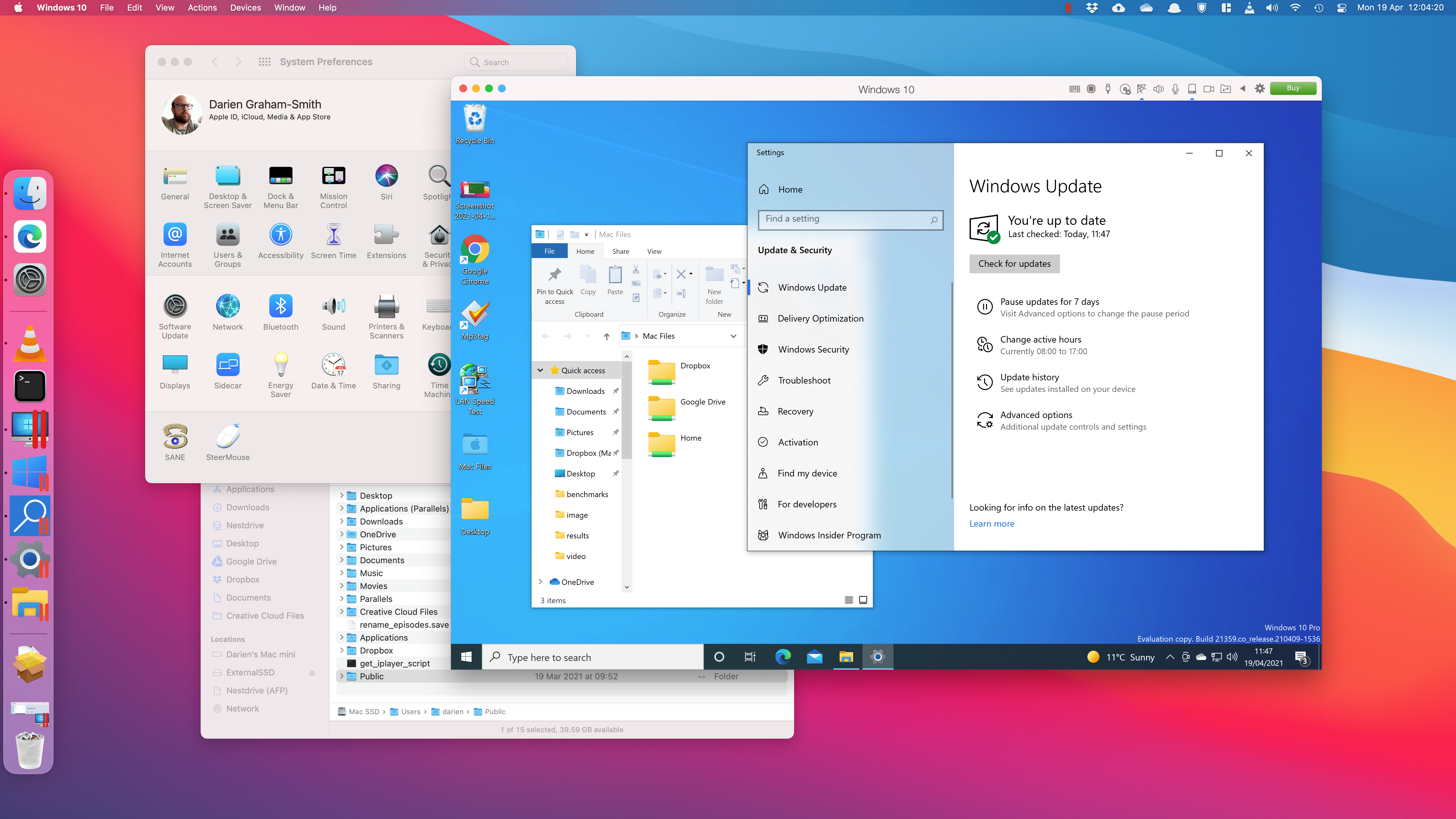Apple moots possibility of using ARM chips in Macs
Engineers are said to want a unified chipset across all devices.

Apple is believed to thinking about moving away from using Intel chips in its Mac range as it considers unifying the architecture across its device portfolio.
The firm already licenses designs from ARM, which it uses to make own chipsets for the popular iPhone and iPad range. However, its MacBook and Mac line ups are powered by the more powerful Intel's x86-based processors.
Apple engineers are mooting the possibility that one architecture could be used for the entire line-up of devices, multiple sources have told Bloomberg.
The main benefit of moving to a unified architecture would be that the same applications can be shared across different devices, without the need to re-coding or using an emulator.
Despite the reports, it remains to be seen whether Apple would ditch Intel having just signed an agreement in 2005 to use processors in the Mac.
The switch in architecture could potentially work the other way also as Intel is aggressively pushing into the mobile market. Former CEO Steve Jobs actually wanted to use Intel processors in the original iPhone, but was convinced by engineers that ARM chips would be more appropriate to use in mobile devices as they were more efficient at the time.
Additionally, the advantage ARM chips had in terms of efficiency seems to have been eroded, and it only had the advantage in terms of apps ecosystem.
Get the ITPro daily newsletter
Sign up today and you will receive a free copy of our Future Focus 2025 report - the leading guidance on AI, cybersecurity and other IT challenges as per 700+ senior executives
Intel's latest 2GHz Atom-based SoC debuted in the Motorola Razr i and has provided performance which is on the same level as the dual-core ARM-based rivals. The Intel chipset is also capable of providing all-day battery life, which was a factor Intel had struggled with previously.
The firms declined to comment on the rumours and speculation.
-
 Cleo attack victim list grows as Hertz confirms customer data stolen
Cleo attack victim list grows as Hertz confirms customer data stolenNews Hertz has confirmed it suffered a data breach as a result of the Cleo zero-day vulnerability in late 2024, with the car rental giant warning that customer data was stolen.
By Ross Kelly
-
 Lateral moves in tech: Why leaders should support employee mobility
Lateral moves in tech: Why leaders should support employee mobilityIn-depth Encouraging staff to switch roles can have long-term benefits for skills in the tech sector
By Keri Allan
-
 Why Intel is pushing for developers to adopt AI PCs
Why Intel is pushing for developers to adopt AI PCsNews A new Intel initiative aims to drive developer adoption of AI PCs and improve synergy with the hardware makers building these next-generation devices
By Steve Ranger
-
 Intel CTO: Open source ecosystem is “poorly written”
Intel CTO: Open source ecosystem is “poorly written”News Chipmaker calls on industry to improve contributions
By Adam Shepherd
-
 Tech giants lobby US to fund chip production
Tech giants lobby US to fund chip productionNews Industry heavyweights ask Congress for $50 billion in chip manufacturing subsidies
By Mike Brassfield
-
 The total economic impact of the Intel vPro® platform
The total economic impact of the Intel vPro® platformWhitepaper Save costs. Save time. Save the workday.
By ITPro
-

 Parallels Desktop 16.5 review: Windows comes to Apple Silicon (sort of)
Parallels Desktop 16.5 review: Windows comes to Apple Silicon (sort of)Reviews The best way to run Windows apps on an M1 Mac – but it’s not yet a fully stable proposition
By Darien Graham-Smith
-
 Army of Intel engineers sets to work on iPhone chips
Army of Intel engineers sets to work on iPhone chipsNews Around 1,000 people are creating an LTE modem for the next iPhone
By Rene Millman
-
 Windows Server on ARM will flop like RT, says Intel
Windows Server on ARM will flop like RT, says IntelNews ARM chips will add complexity and overhead in the server space, Intel engineer claims
By Khidr Suleman
-
 Intel reveals Android Reference Program for budget tablets
Intel reveals Android Reference Program for budget tabletsNews The company's plans will allow Android tablets running Intel chips to hit the market faster
By Clare Hopping